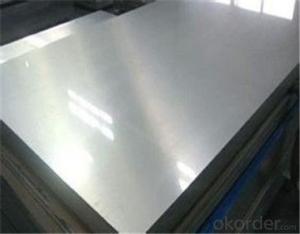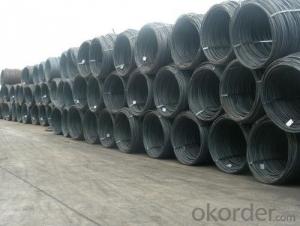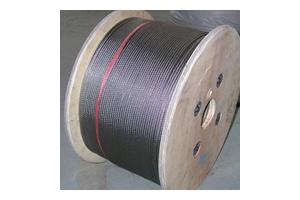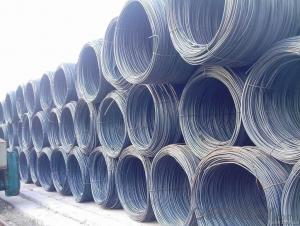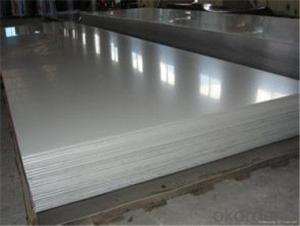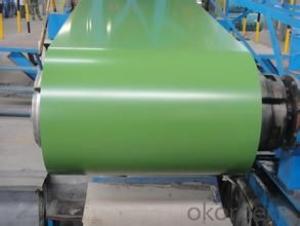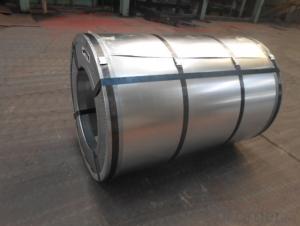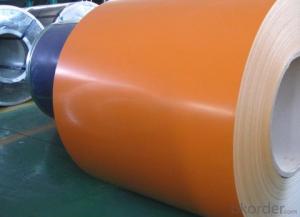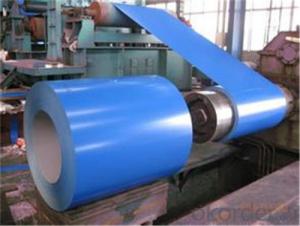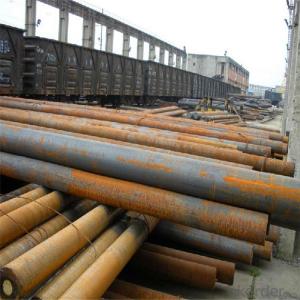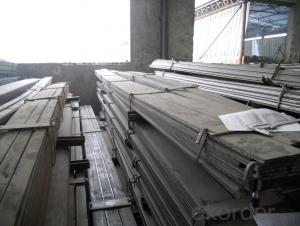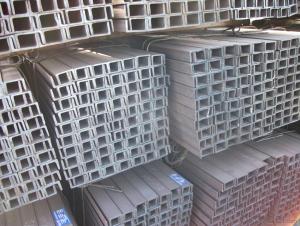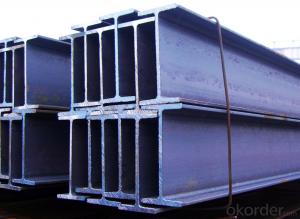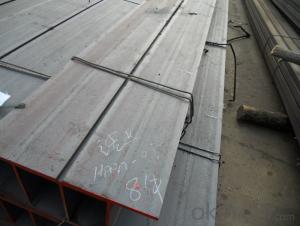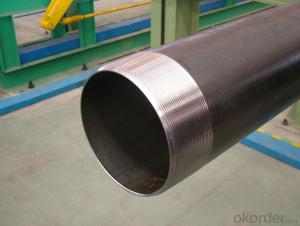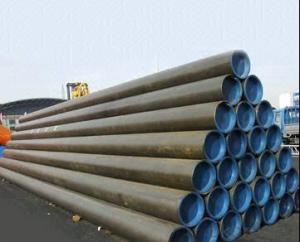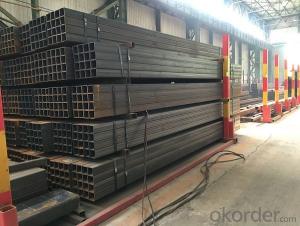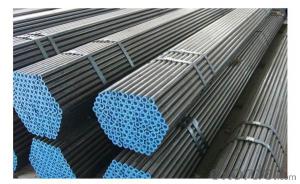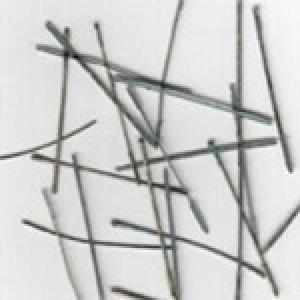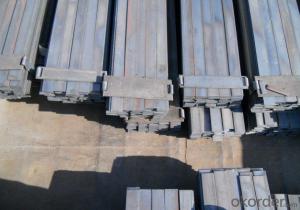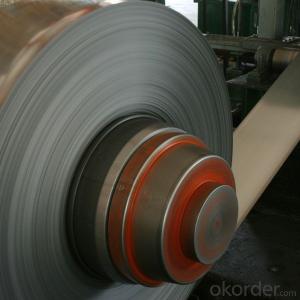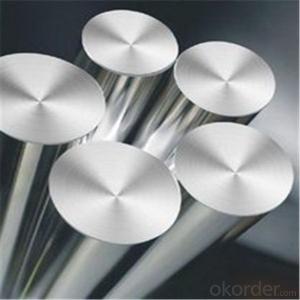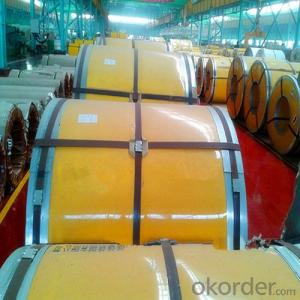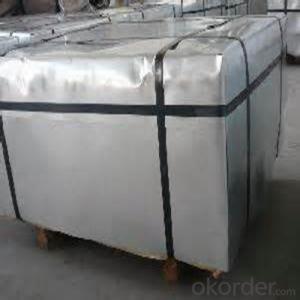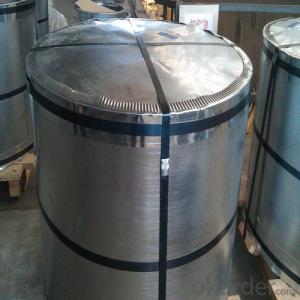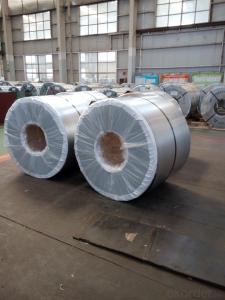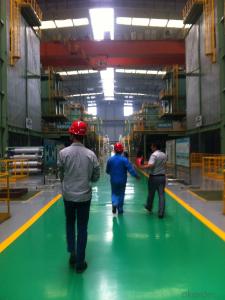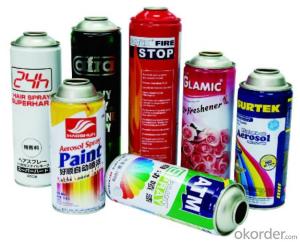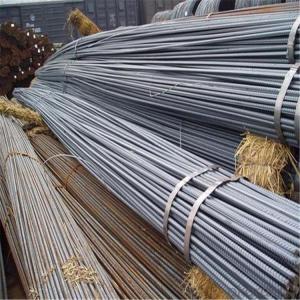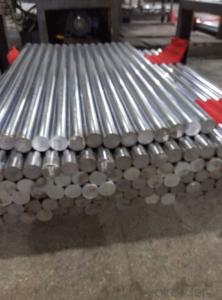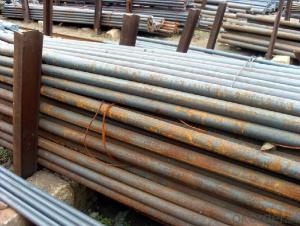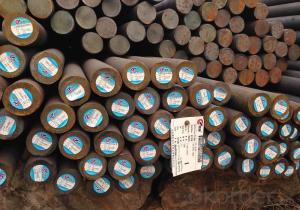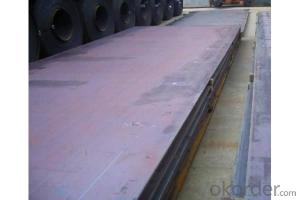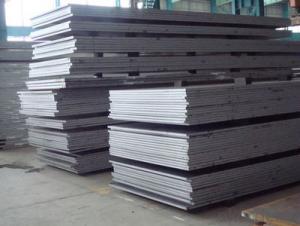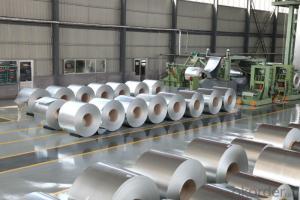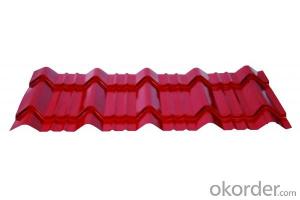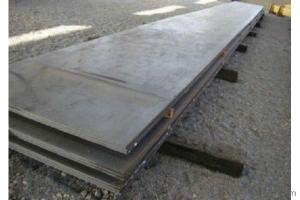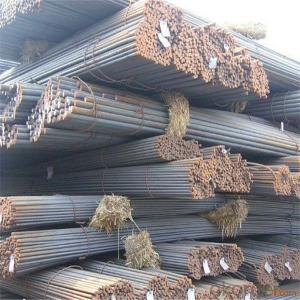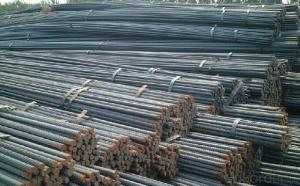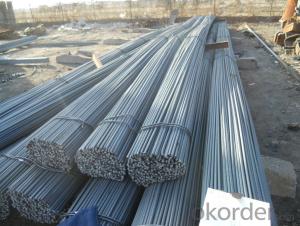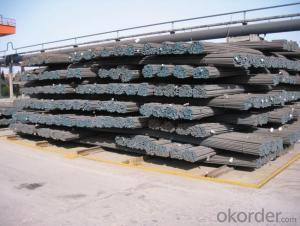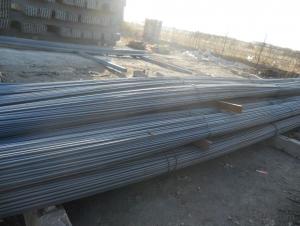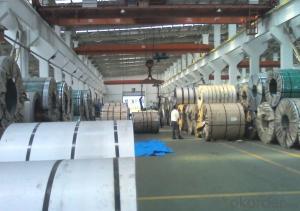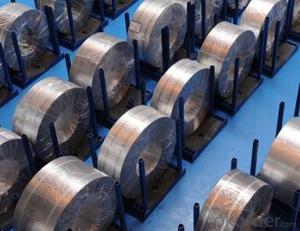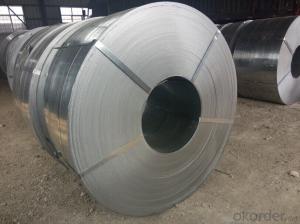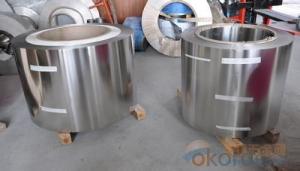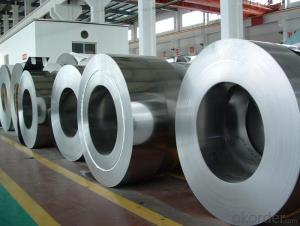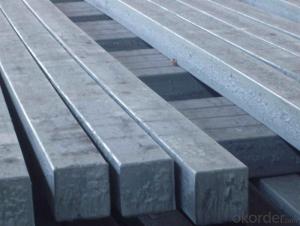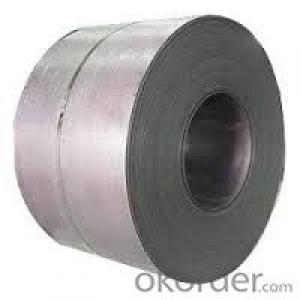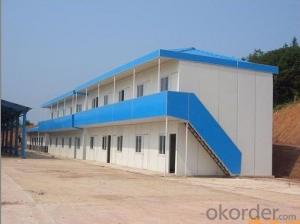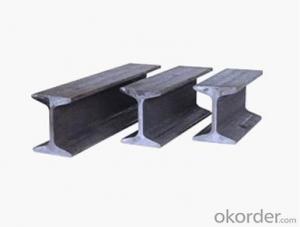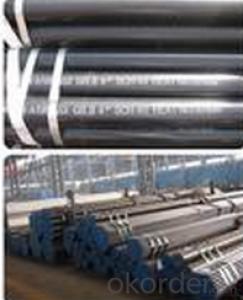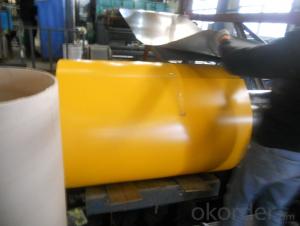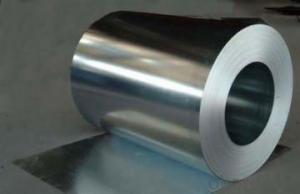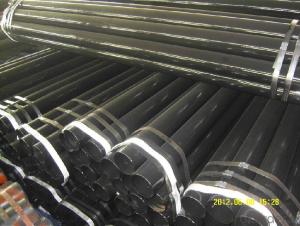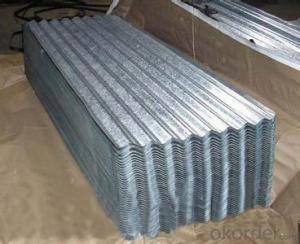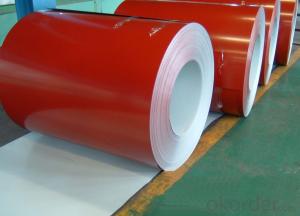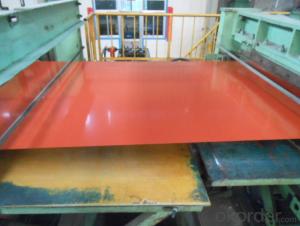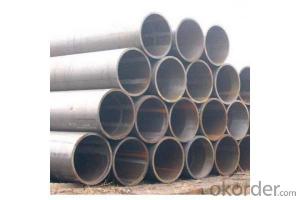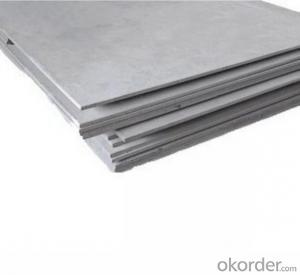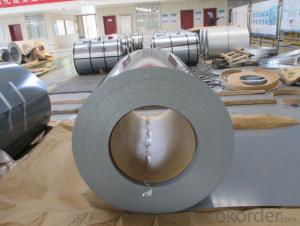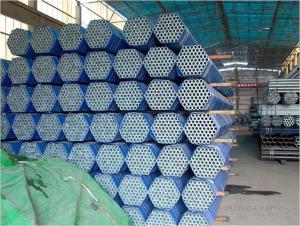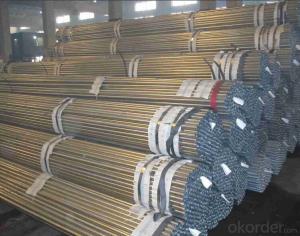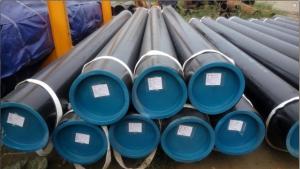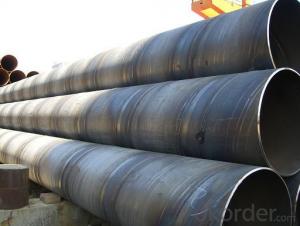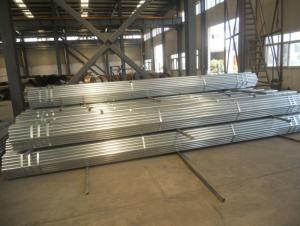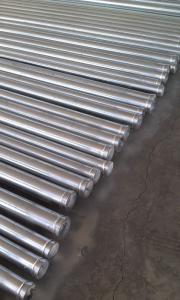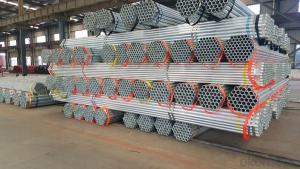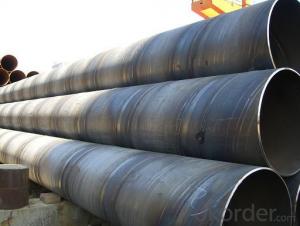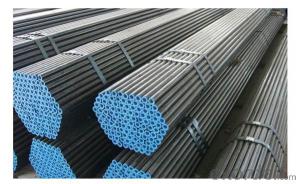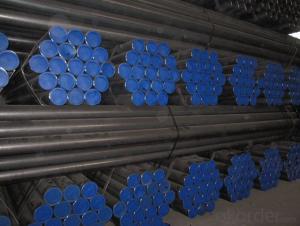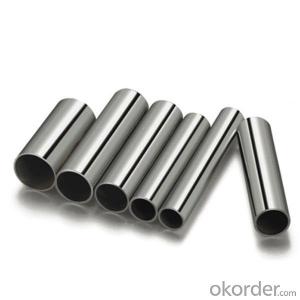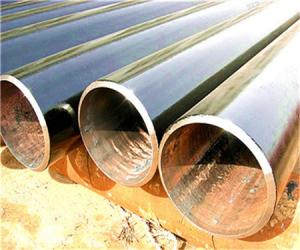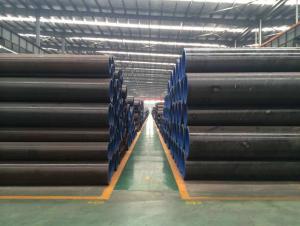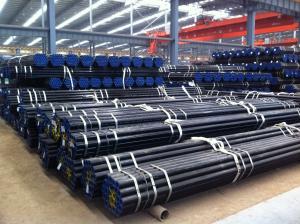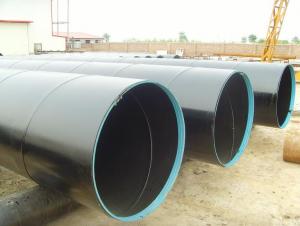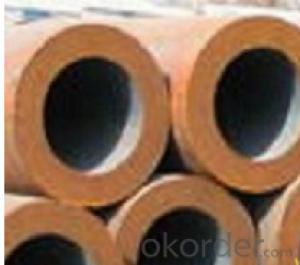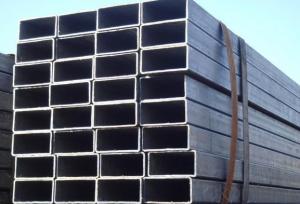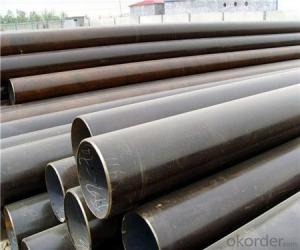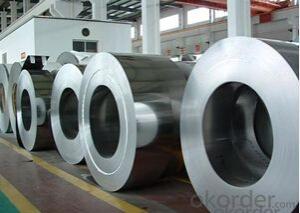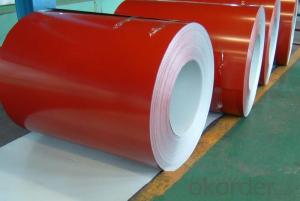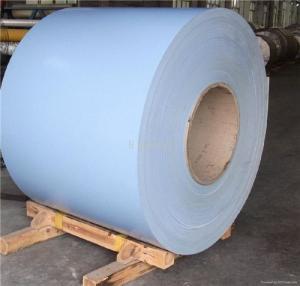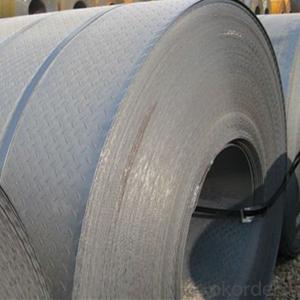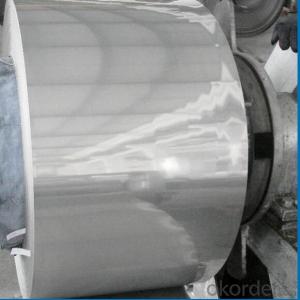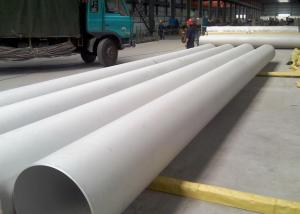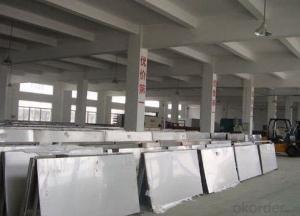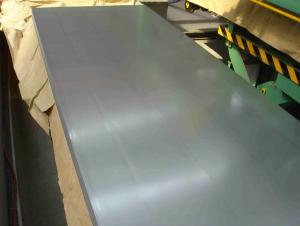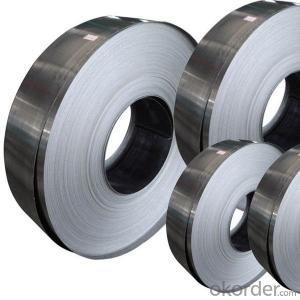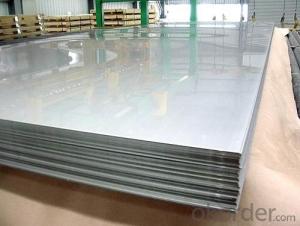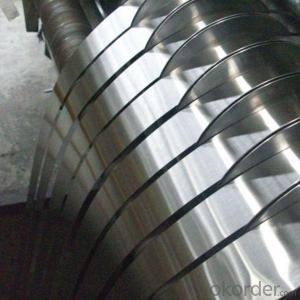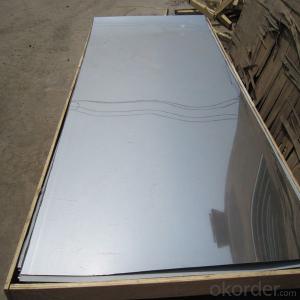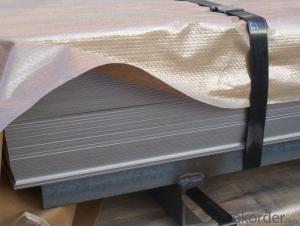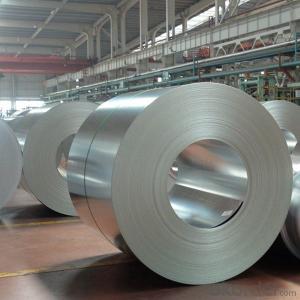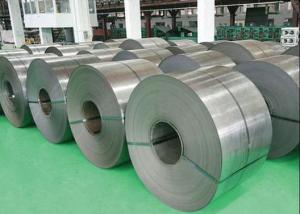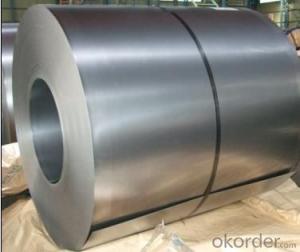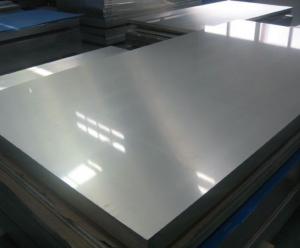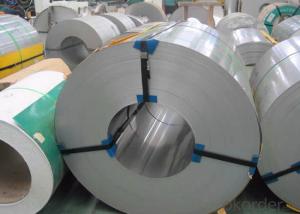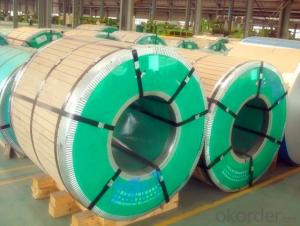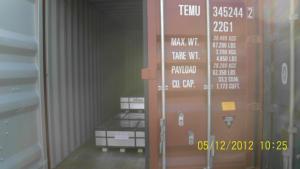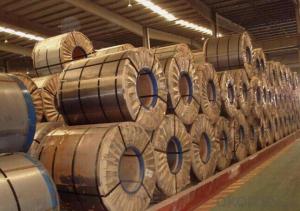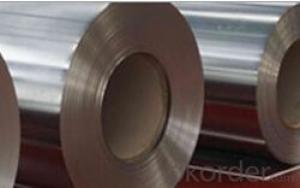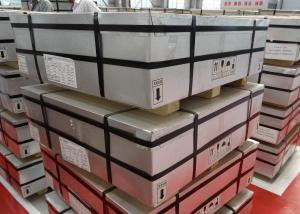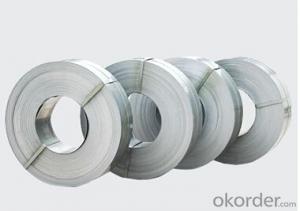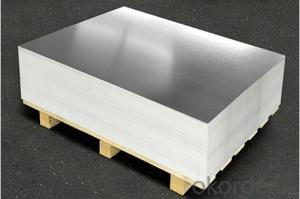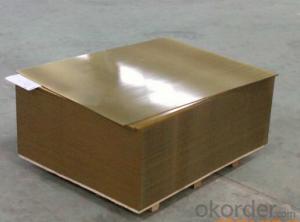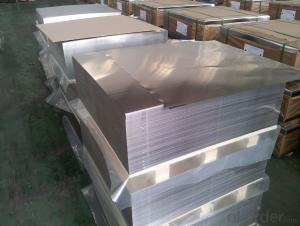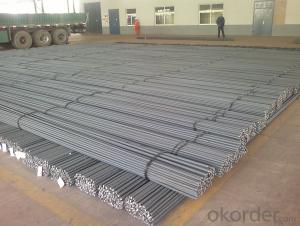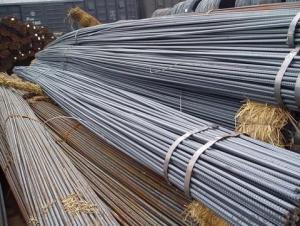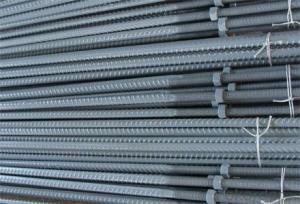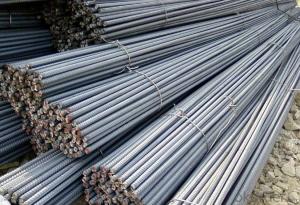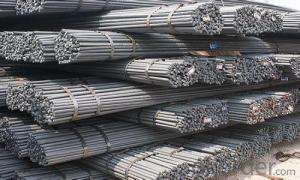All Categories
- - Steel Wire Rod
- - Steel Coils
- - Steel Profiles
- - Steel Pipes
- - Stainless Steel
- - Tinplate
- - Special Steel
- - Steel Sheets
- - Steel Rebars
- - Steel Strips
- - Hot Rolled Steel
- - Cold Rolled Steel
- - Pre-painted Steel
- - Seamless Steel Pipe
- - Welded Steel Pipe
- - Hollow Steel Tubes
- - Galvanized Pipe
- - Stainless Steel Coil
- - Stainless Steel Sheet
- - Stainless Steel Plate
- - Stainless Steel Strips
- - Electrolytic Tinplate Coil
- - Electrolytic Tinplate Sheet
- - Stainless Steel Rebars
- - Solar Panels
- - Solar Water Heater
- - Solar Related Products
- - Solar Inverter
- - Solar Cells
- - Solar Light
- - Solar Energy Systems
- - Solar Controllers
- - Solar Mounting System
- - Solar Pump
- - Solar Chargers
- - Fiberglass Chopped Strand
- - Fiberglass Mesh Cloth
- - Composite Pipes
- - FRP Pultrusion Profiles
- - Fiberglass Mat Tissue
- - Fiberglass Fabrics
- - Fiberglass Mesh
- - Composite Tank
- - Fiberglass Mesh tape
- - Polymer
- - FRP Roofing Panel
- - Fiberglass Roving
- - Monolithic Refractories
- - Ceramic Fiber Products
- - Refractory Bricks
- - Raw Materials For Refractory
- - Suspended Platform
- - Cranes
- - Concrete Machinery
- - Earthmoving Machinery
- - Building Hoist
- - Road Building Machinery
- - Plastic Pipe Fittings
- - Plastic Tubes
- - Plastic Sheets
- - Agricultural Plastic Products
- - Plastic Nets
 All Categories
All Categories
Steel Wire RodView More
Steel CoilsView More
Steel ProfilesView More
Steel PipesView More
Stainless SteelView More
TinplateView More
Special SteelView More
Steel SheetsView More
Steel RebarsView More
Steel StripsView More
Hot Rolled SteelView More
Cold Rolled SteelView More
Pre-painted SteelView More
Seamless Steel PipeView More
Welded Steel PipeView More
Hollow Steel TubesView More
Galvanized PipeView More
Stainless Steel CoilView More
Stainless Steel SheetView More
Stainless Steel PlateView More
Stainless Steel StripsView More
Electrolytic Tinplate CoilView More
Electrolytic Tinplate SheetView More
Stainless Steel RebarsView More
Q & A
What role does steel play in the manufacturing of modern automobiles?
Steel plays a crucial role in the manufacturing of modern automobiles as it is the primary material used for the car's body structure, providing strength, durability, and crash protection. It is also used in various components such as the chassis, suspension, and engine parts, ensuring optimal performance, safety, and longevity of the vehicle.
How do steel prices fluctuate, and what factors influence them?
Steel prices fluctuate due to various factors such as supply and demand dynamics, raw material costs, currency exchange rates, global economic conditions, and trade policies. Changes in the demand for steel products in sectors like construction, automotive, and manufacturing can impact prices. Additionally, fluctuations in the prices of iron ore, coal, and other inputs used in steel production affect the cost of manufacturing steel, which in turn influences its price. Exchange rates and trade policies, including tariffs and quotas, can also impact steel prices by affecting the competitiveness of steel products in international markets.
What is the history of steel production?
The history of steel production dates back thousands of years, with early civilizations such as the Hittites and Egyptians developing rudimentary methods of iron smelting. However, it was the 19th century that witnessed significant advancements in steel production. The Bessemer process, invented by Sir Henry Bessemer in the 1850s, revolutionized steelmaking by enabling the mass production of steel at a lower cost. This led to the rapid expansion of the steel industry, particularly in Europe and the United States. In the early 20th century, the development of the open-hearth process and later the basic oxygen process further enhanced steel production capabilities. Today, steel is one of the most widely used materials across various industries, contributing to the modern infrastructure and technological advancements we see today.
Wholesale Steel from supplier in Jordan
We are a Steel supplier serving the Jordan, mainly engaged in the sale, quotation, and technical support services of various Steel products in the Jordan region. We are a subsidiary platform of the Fortune Global 500 company CNBM, able to provide you with one-stop Steel procurement services in the Jordan. Not only do we have a wide range of Steel products, but after years of market development in the Jordan, we can also provide valuable experience for your projects.
